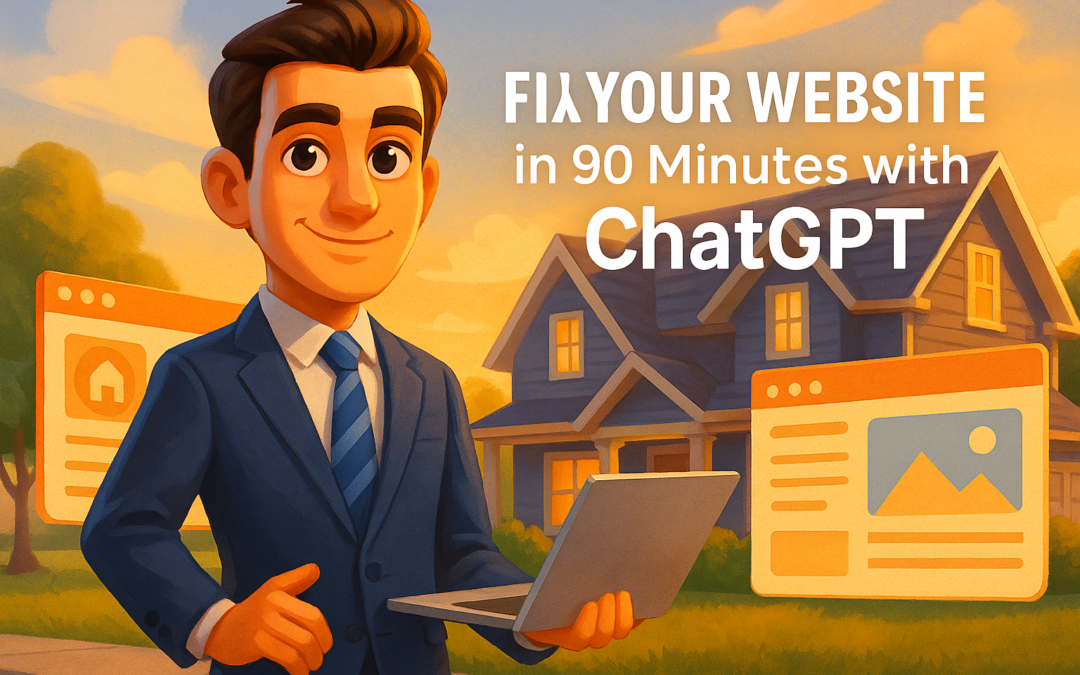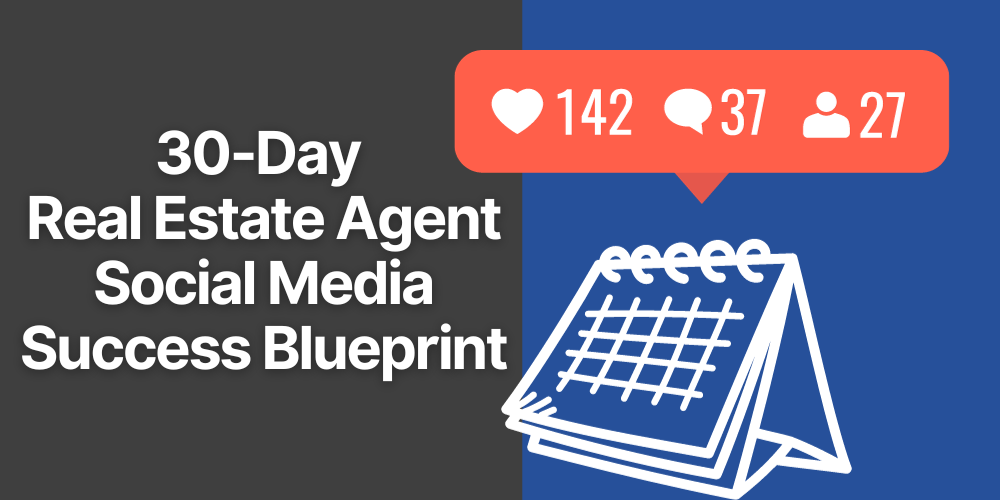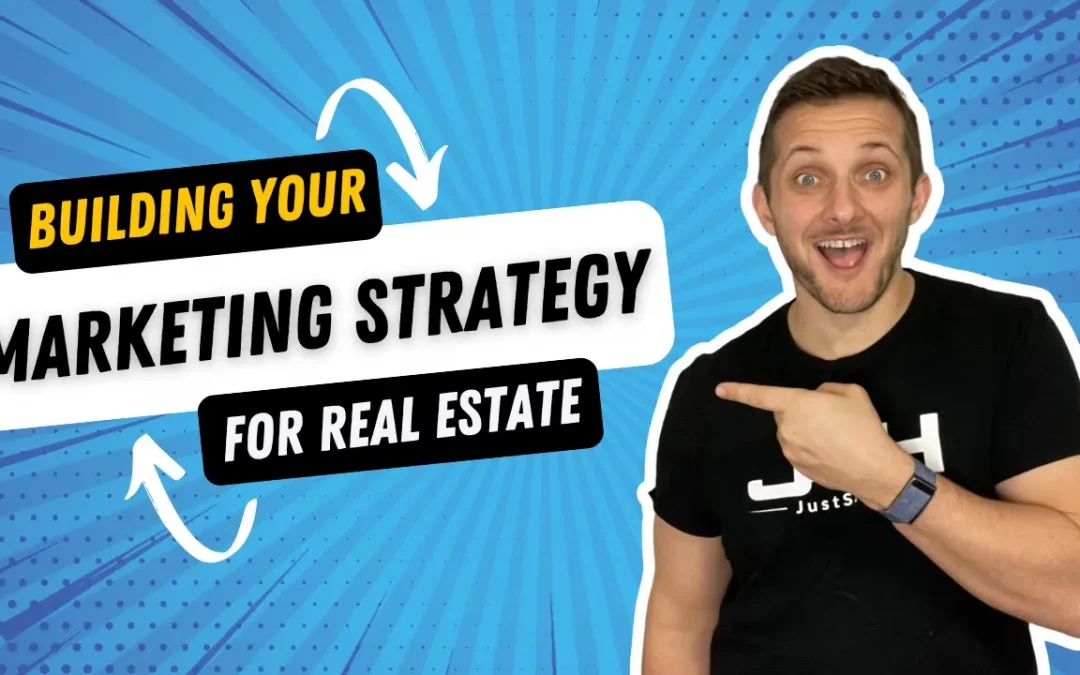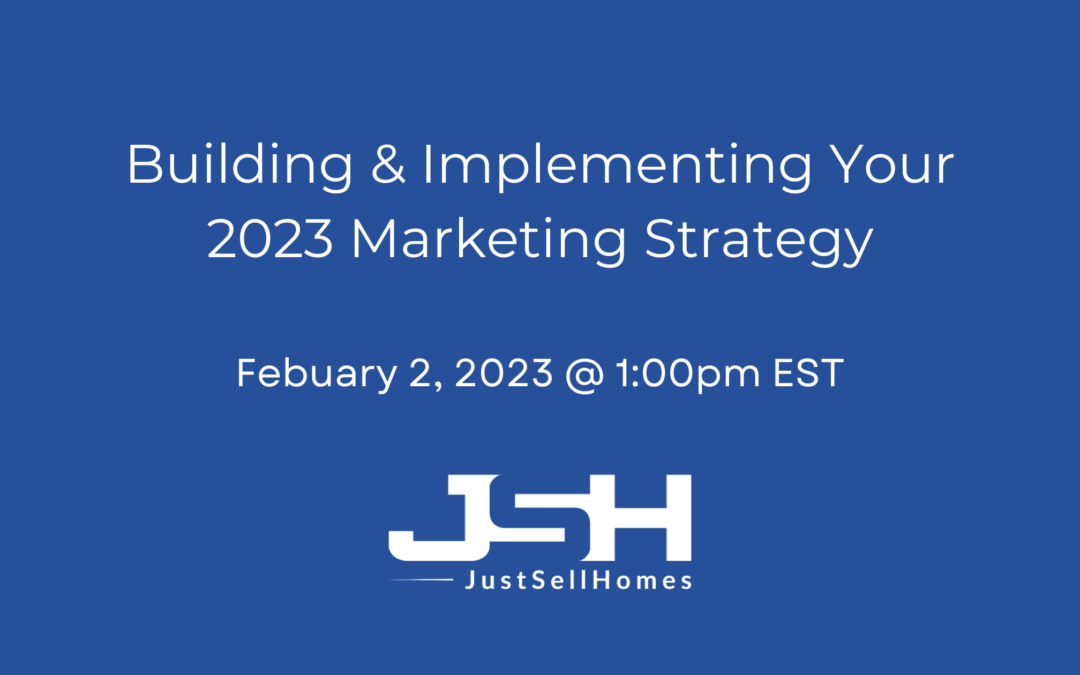
by justsellhomes | Mar 31, 2025 | General
You know what the problem is with most real estate websites? They all sound the same. Same template. Same headline. Same “I love helping people” message. You could swap out the name and headshot and no one would notice. And if your site looks and sounds like everyone...

by justsellhomes | Feb 2, 2024 | General, Uncategorized
“Online leads are sh*t” You’ve heard it before, I hear it all the time. It’s one of the most common objections we hear at Just Sell Homes with prospective clients. Is it fair? Yes and No. Those who say it are getting MQLs and expecting SQLs. I know what you’re...

by justsellhomes | Jan 22, 2024 | General, Uncategorized
Real Estate Lead Magnets are an incredibly useful tool. When you’re building out a marketing strategy for real estate, in the Join section of the Wheel House Marketing Framework. As in, how do you get people to join your database, you need some lead magnets. All a...

by justsellhomes | Jan 14, 2024 | General
Coming up with the idea for what to post on a real estate agent social media campaign is often the hardest part. I recently saw a post by Richard Van Der Blom about posting on Linkedin to establish authority in your field. I adapted his 20 Content Ideas came up with a...

by Jen M | Feb 6, 2023 | General
If your strategy for marketing is just throwing ideas at the wall and hoping something sticks, you don’t have a strategy. You have hope and a prayer. Some people can skate by for years doing this and actually have a decent business from a revenue standpoint. The...

by justsellhomes | Jan 24, 2023 | General
Are you marketing in the dark? If your strategy for marketing is just throwing ideas at the wall that you heard about and hoping something sticks, you don’t have a strategy. You have hope and a prayer. Some people can skate by for years doing this and actually have...







